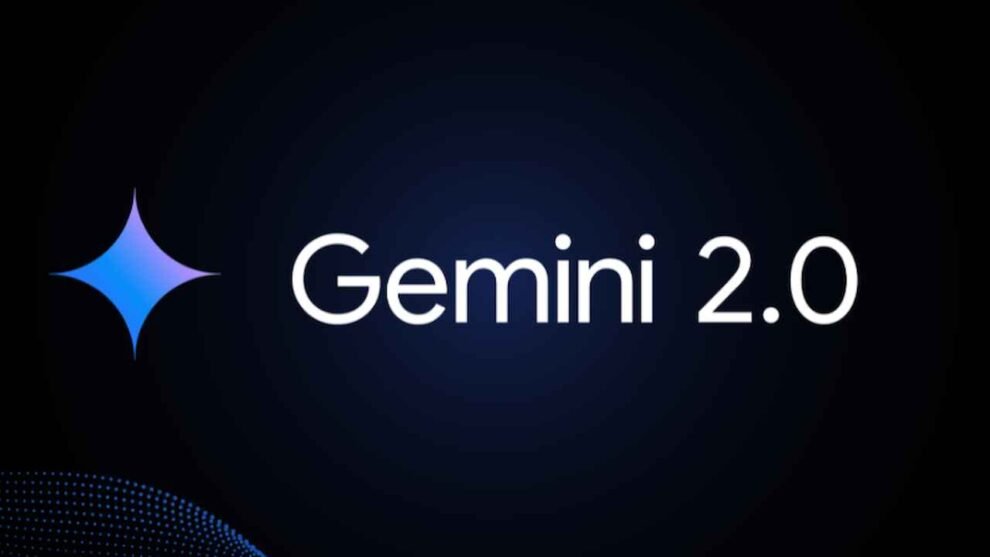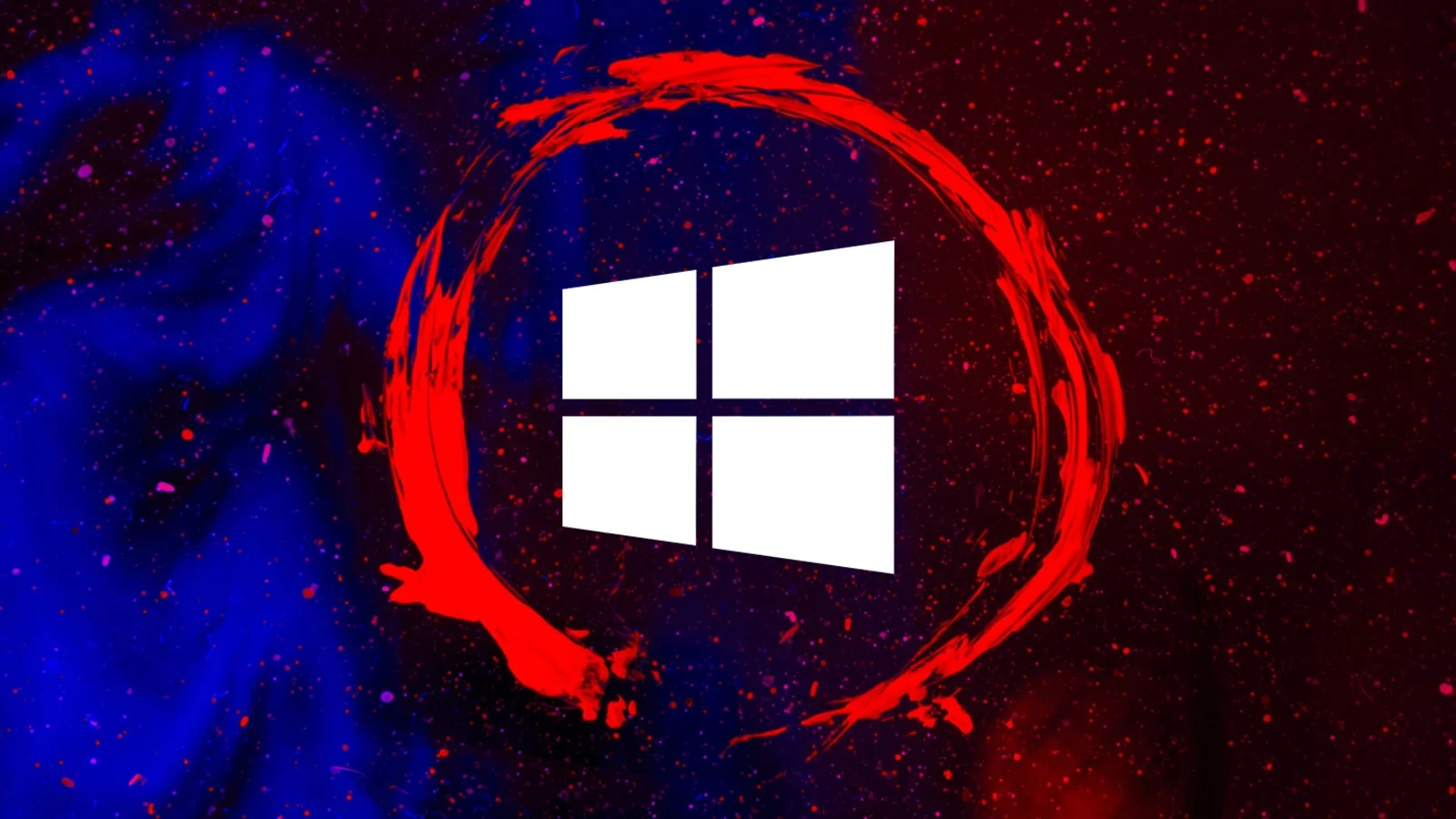In the ever-evolving landscape of artificial intelligence, Google has once again pushed the boundaries with the release of its latest AI model, Gemini 2.0 Flash Thinking. This groundbreaking model marks a significant leap forward in AI’s ability to reason, solve complex problems, and understand information in a way that mimics human thought processes.
Unveiled in December 2024, Gemini 2.0 Flash Thinking is an experimental preview model currently available for testing and feedback on Google’s AI Studio platform. This release comes on the heels of OpenAI’s “o1” reasoning model, showcasing the intensifying competition in the field of advanced AI development. Google’s new model aims to tackle complex tasks by employing a “chain-of-thought” approach, where the AI generates multiple answers, evaluates them, and ultimately selects the best one. This process is further enhanced by leveraging increased computing power during inference, potentially leading to more accurate and refined results.
Why is this significant?
This development signifies a paradigm shift in AI, moving beyond simply increasing training data and power towards enhancing the reasoning capabilities of AI models. It opens up exciting new possibilities for AI applications across various domains, from solving intricate mathematical problems to assisting in complex decision-making processes.
Inside Gemini 2.0 Flash Thinking: How it Works
Gemini 2.0 Flash Thinking operates on the principle of “test-time compute,” a concept introduced by OpenAI. This allows the model to utilize more compute resources and time to re-evaluate its response before delivering the final answer. Early research suggests that providing AI models with more “thinking” time during inference significantly improves their performance compared to models solely trained on large parameters.
Key Features and Capabilities:
- Enhanced Reasoning: Capable of solving complex reasoning questions, including challenging math and coding problems.
- Transparency: Unlike OpenAI’s o1, Gemini 2.0 Flash Thinking reveals its raw thinking process, promoting transparency and understanding.
- Multimodal Input: Processes various input formats, including images, videos, and audio files, expanding its potential applications.
- Up-to-date Knowledge: Boasts a knowledge cut-off date of August 2024, ensuring access to relatively current information.
My Experience with Gemini 2.0 Flash Thinking
Having eagerly awaited its release, I immediately delved into exploring Gemini 2.0 Flash Thinking on AI Studio. My initial experiments involved testing its reasoning capabilities with a few well-known challenges. While it stumbled on the popular “Strawberry question” in the first attempt, it successfully corrected itself on the subsequent run, accurately identifying the three “r’s” in the word. However, it faced some difficulty with identifying Indian states without the letter “a” in their names.
Despite these minor hiccups, I was genuinely impressed by the model’s ability to showcase its thought process. This transparency is crucial for building trust and understanding the limitations of AI systems.
A Glimpse into the Future of AI
Google’s Gemini 2.0 Flash Thinking represents a significant step towards creating AI systems that can reason and think more like humans. While still in its experimental phase, this technology holds immense potential to revolutionize various fields. Imagine AI assistants that can not only provide information but also assist in complex problem-solving, from scientific research to everyday decision-making.
This release also highlights the growing trend of “reasoning” AI models. As the technology matures and becomes more refined, we can anticipate even more sophisticated AI applications that can understand, interpret, and respond to complex situations with greater accuracy and efficiency.
Potential Applications:
- Advanced Problem Solving: Tackling intricate problems in fields like mathematics, science, and engineering.
- Enhanced Decision Making: Assisting in complex decision-making processes across various industries.
- Personalized Learning: Providing tailored educational experiences that adapt to individual learning styles.
- Creative Content Generation: Generating innovative and engaging content, from stories and articles to music and art.
The Road Ahead: Challenges and Considerations
While the advancements in reasoning AI are exciting, it’s essential to acknowledge the challenges and ethical considerations that accompany this technology.
- Bias and Fairness: Ensuring AI models are free from bias and treat all individuals fairly is paramount.
- Transparency and Explainability: Understanding how AI models arrive at their conclusions is crucial for building trust and accountability.
- Responsible Development: Developing and deploying AI responsibly, considering its potential impact on society, is essential.
Google’s commitment to transparency and responsible AI development is evident in its approach to Gemini 2.0 Flash Thinking. By providing access to the model’s reasoning process and actively seeking user feedback, Google is fostering a collaborative approach to AI development.
Google’s release of Gemini 2.0 Flash Thinking marks a pivotal moment in the evolution of AI. This innovative model showcases the immense potential of reasoning AI to transform how we interact with technology and solve complex problems. As the field continues to advance, we can expect even more groundbreaking developments that will shape the future of AI and its impact on our world.



















Add Comment